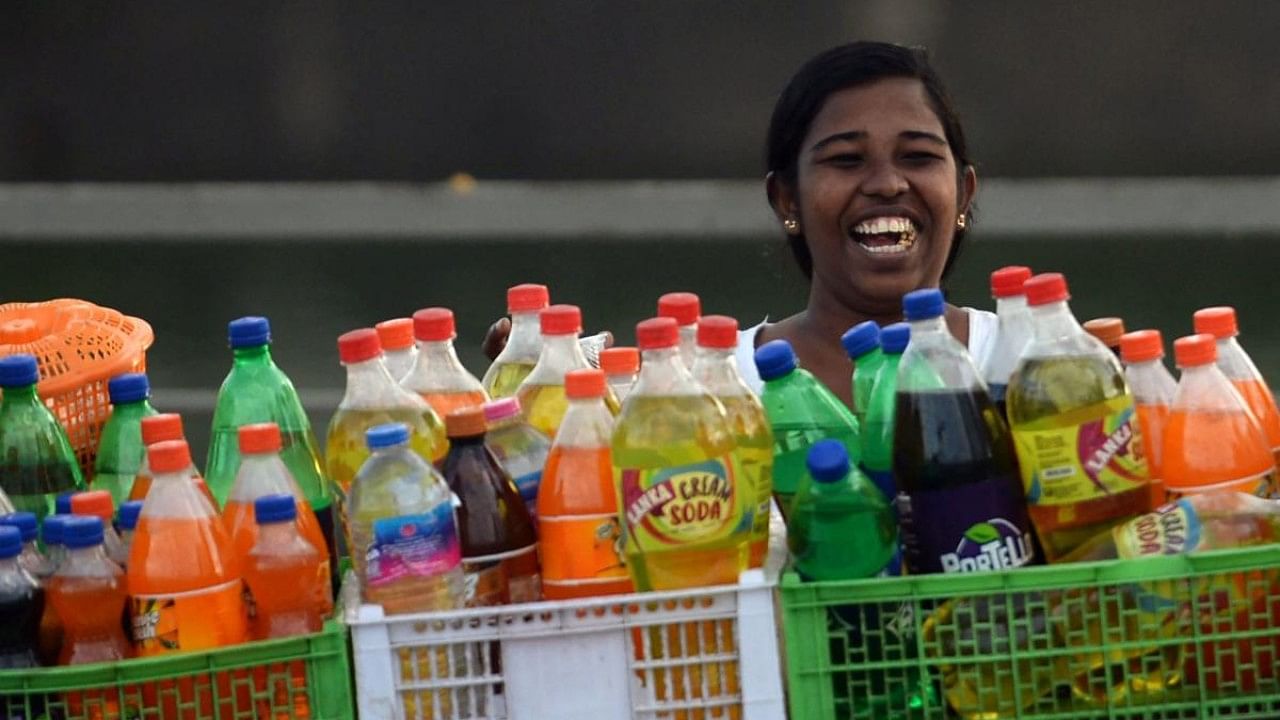
The affordability of aerated or sugar-sweetened beverages has increased steadily in India over the last 13 years despite their adverse health impacts, health economists and public health researchers said in a new study on Monday, seeking a rise in taxes on such drinks.
Arguing that these beverages should be in the same league as harmful products like tobacco and alcohol, the researchers said the GST Council must regularly increase tax on them to such an extent leading to a decline in their affordability with the primary purpose of regulating their consumption.
“The current GST rate on sugar-sweetened beverages is 28 per cent along with 12 per cent compensation cess. The study estimates that this tax rate must go all the way to 28 per cent GST and 29 per cent compensation cess to result in a price increase sufficient enough to reduce 10 per cent consumption,” health economist Rijo John from Rajagiri College of Social Sciences, Kochi, who led the team, told DH. If implemented, this would mean a 57 per cent tax on such unhealthy drinks from the current level of 40 per cent.
A 29 per cent compensation cess will increase the GST revenue from aerated drinks by 27 per cent (Rs 25.8 billion) and lead to an increase in the price from the current level of Rs 60 per litre to Rs 67.
The World Health Organisation has recommended increased taxation as a cost-effective policy to regulate such drinks’ use and improve public health. The UN health body in multiple reports and a Lancet Taskforce made similar recommendations to reduce their consumption.
But in India, the sale of these drinks has gone up steadily because of an annual average decline of 6.8 per cent in relative income price of aerated sugar-sweetened beverages in the past 13 years suggesting a steady increase in affordability.
“This means the percentage of per capita income that people spent to purchase 100 litres of soft drinks has been declining at the rate of 6.8 per cent per year, on average...,” John said.
